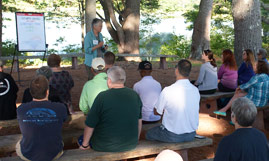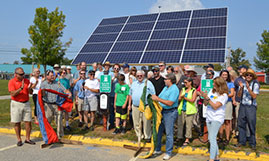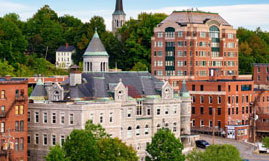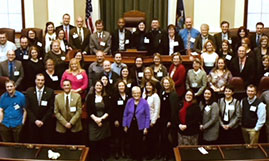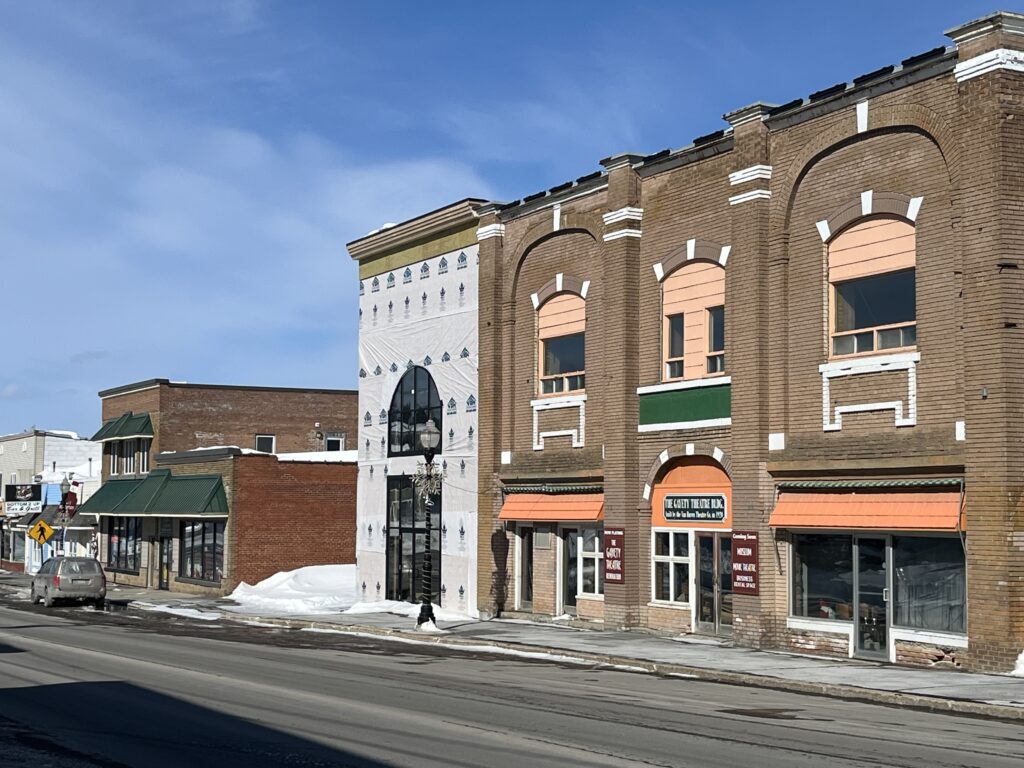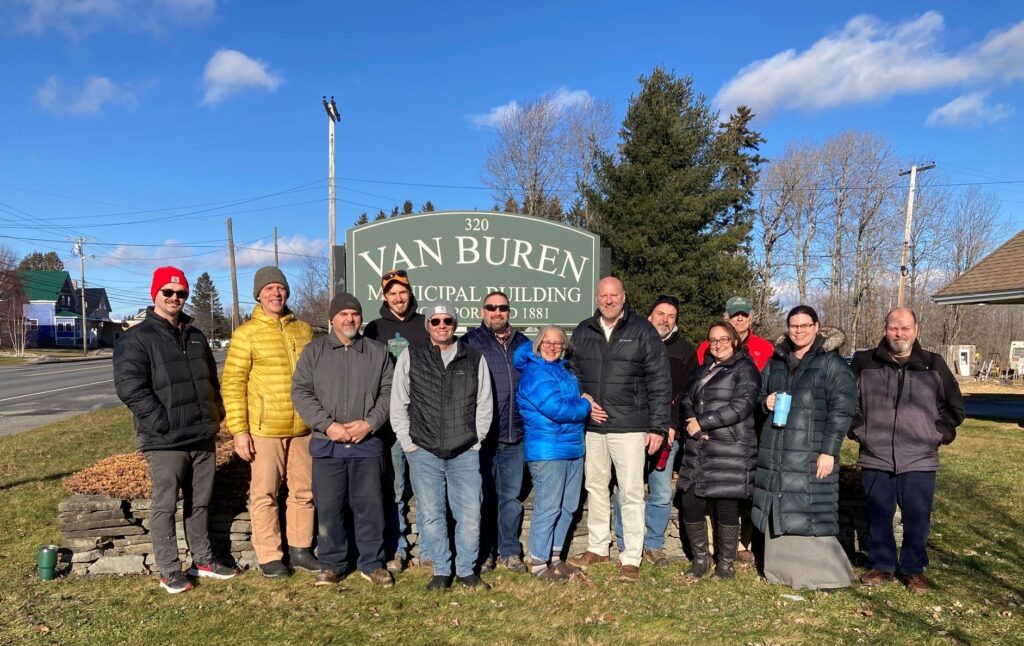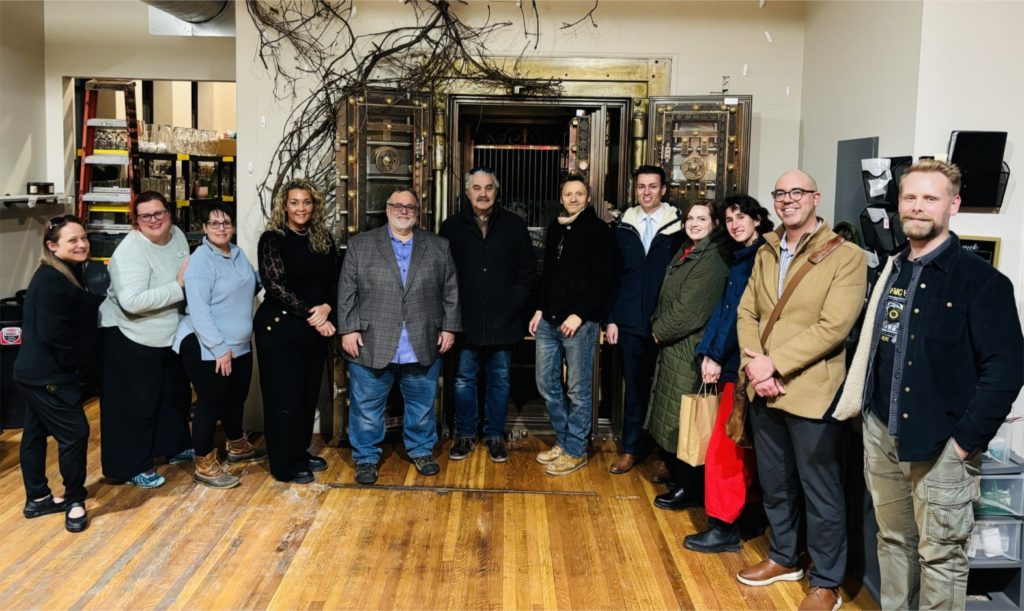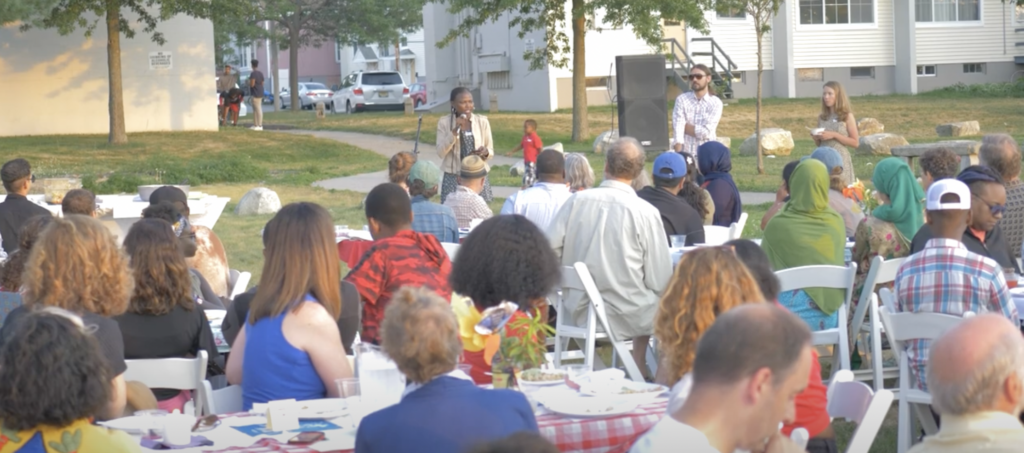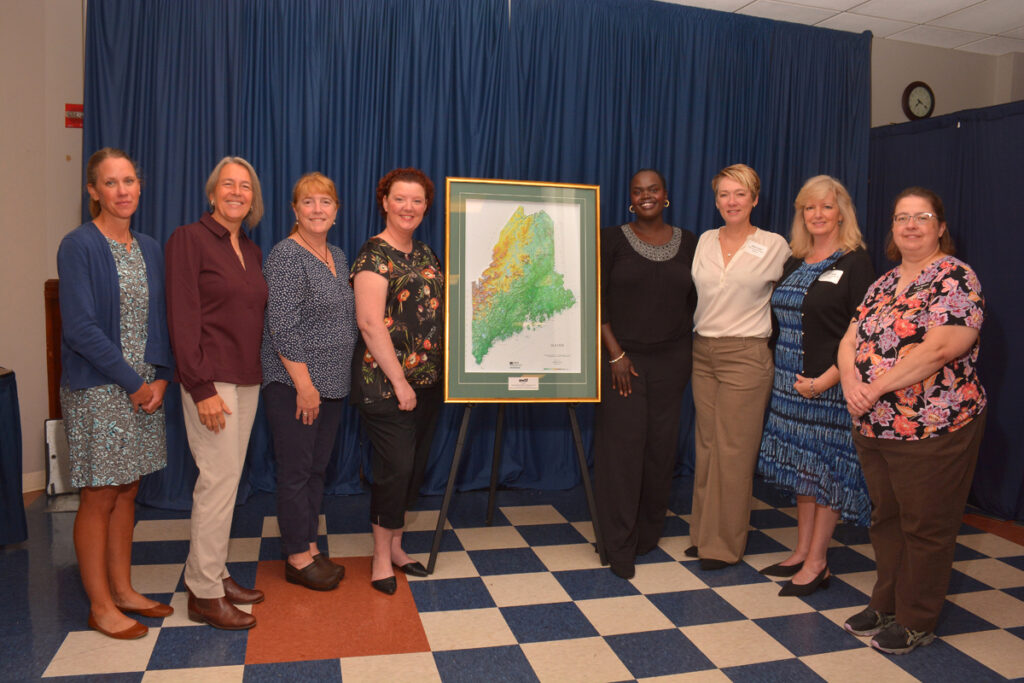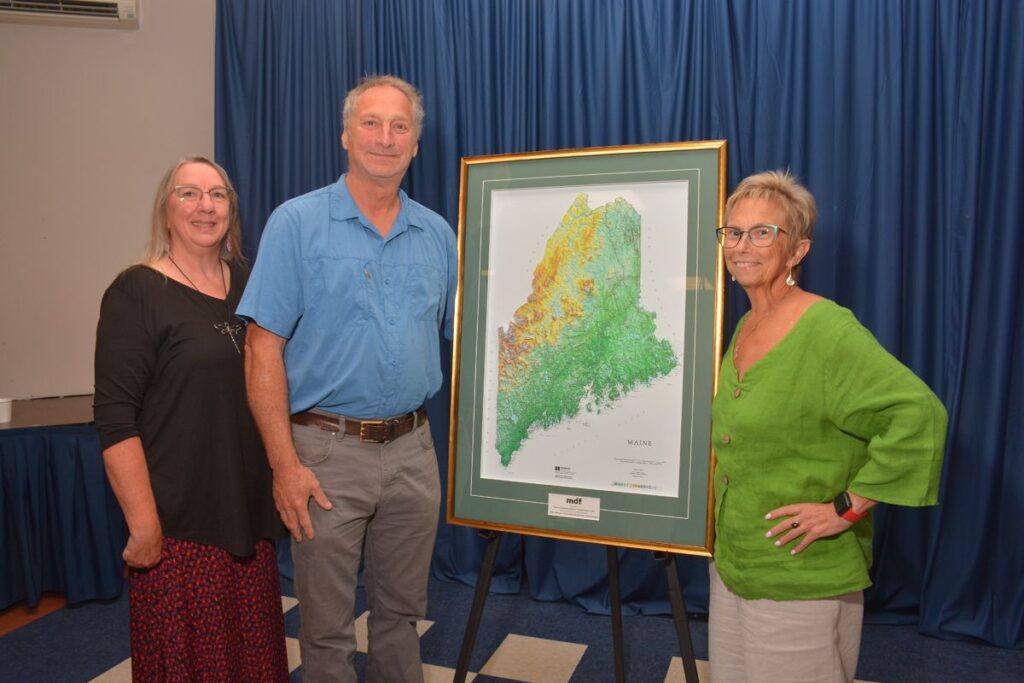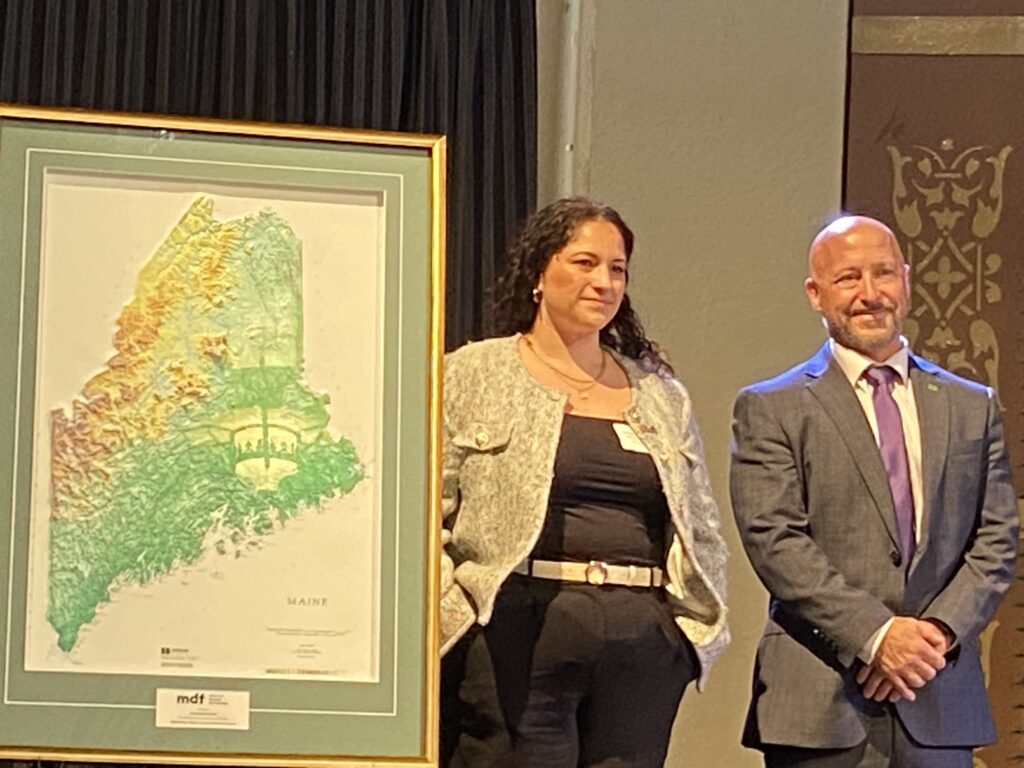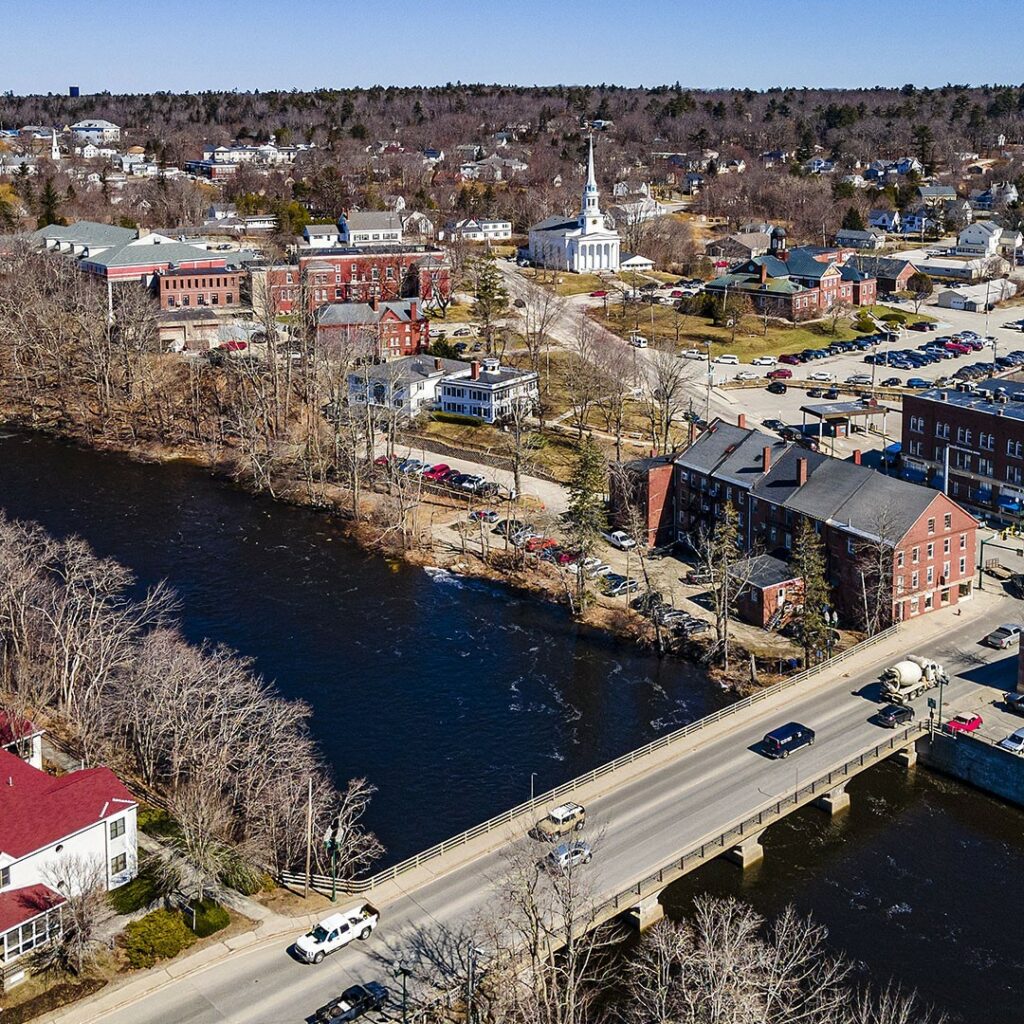Gender Wage Equity is one of the 31 key economic indicators featured in the annual Measures of Growth Report. Each month this blog features a story that connects the data to real-life experience.
As Maine and the entire nation honor Women’s History Month, and in hopes that Mainers will continue to work towards a truly equitable and inclusive Maine economy every day of every month, we are highlighting Gender Wage Equity as the current Indicator in Action.
Maine history is rich with the economic, community, and cultural contributions of women, among them Frances Perkins, the nation’s first female presidential cabinet secretary. Perkins served as Secretary of Labor from 1933 to 1945 under President Franklin Delano Roosevelt.

During these years, Perkins was a critical force behind groundbreaking legislation including the New Deal, the Social Security Act, and the Fair Labor Standards Act which established a national minimum wage, the 40-hour work week, and banned child labor. Perkins worked tirelessly her entire career to end gender and class discrimination and improve employment opportunities and working conditions for women and marginalized communities. This included efforts to establish equal pay for all.
“The door might not be opened to a woman again for a long, long time, and I had a kind of duty to other women to walk in and sit down on the chair that was offered, and so establish the right of others long hence and far distant in geography to sit in the high seats.” – Frances Perkins
Frances Perkins was born in Boston and grew up in a comfortable middle-class Republican family. She was, however, descended from a long line of Maine farmers and craftsmen and would spend part of every year at the family homestead in Newscastle, Maine. In 2024, the 57-acre saltwater farm along the Damariscotta River and the 1837 Brick House where Perkins and her family lived for generations was designated a National Monument.
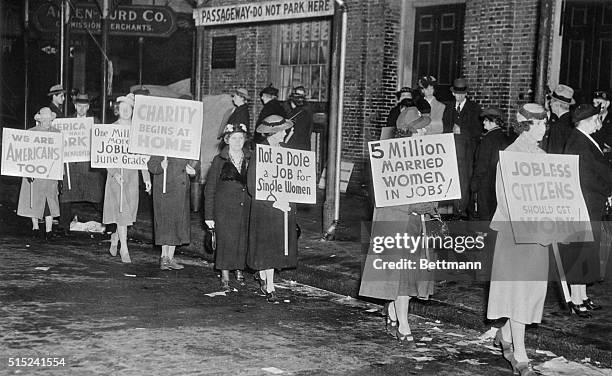
Perkins dedicated her life to build and sustain an equitable culture and economy, efforts that require broad, deep, and ongoing systemic change. The independent, nonpartisan Maine Economic Growth Council, which MDF staffs and works with to produce the annual Measures of Growth Report, strongly believes that increasing prosperity is not true progress unless it is equitably shared.
For example, as highlighted in the 2024 Measures of Growth Report, in 2023, the median earnings of Maine females was $52,457—85% of the $61,430 median earnings of Maine males. In other words, for every $6 earned by Maine men, Maine women earned about $5, even though they were all working full time. This gap was between the U.S. and New England averages. No U.S. state has eliminated the gender pay gap yet, but in eight states women’s earnings ratio exceeds Maine’s. Rhode Island had the smallest gender wage gap. There, women earned 89% as much as men in 2023.
The Maine Economic Growth Council has set a benchmark goal that Maine’s median annual earnings for women will improve to 100% of men’s median annual earnings by 2030. Frances Perkins would likely say it is high time.
You can dig into the data behind Gender Wage Equity and explore how it intersects with Maine’s economy as a whole by clicking here for our Measures of Growth Report.

